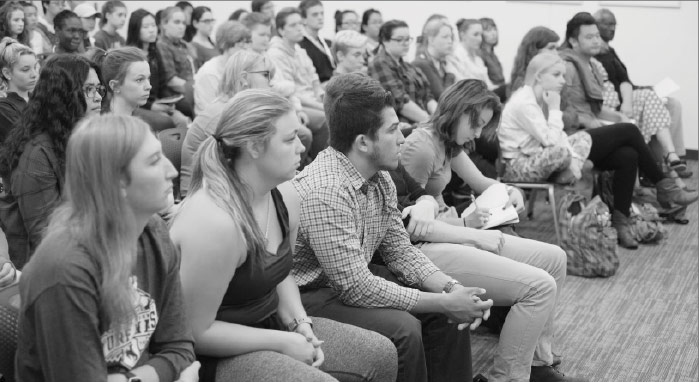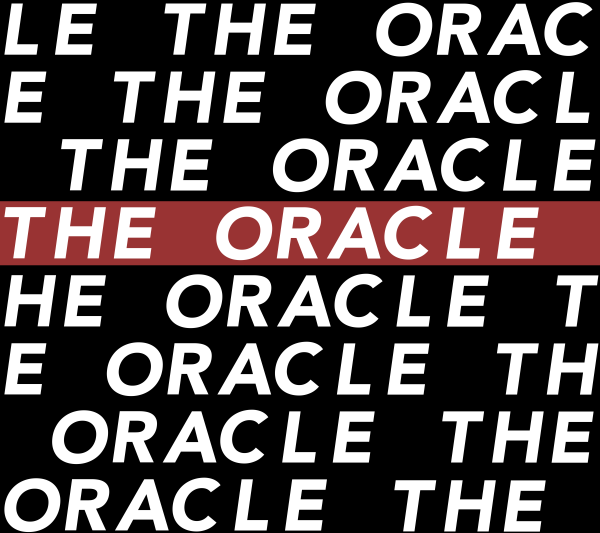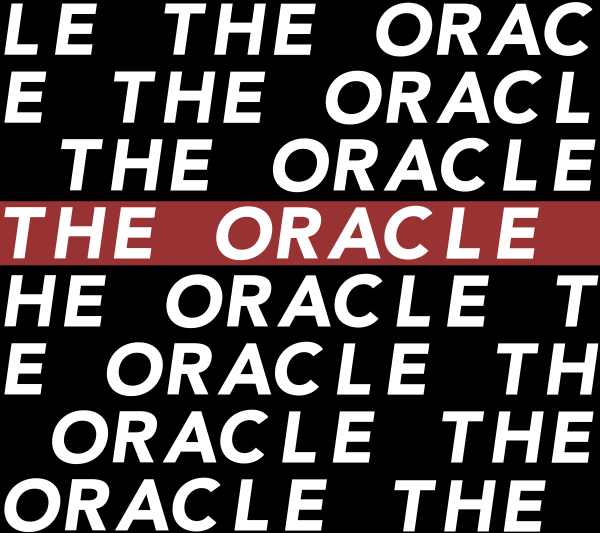Faculty reflect on “$2 a Day”
FYSEM faculty members host panel to discuss this year’s common read.
Students listen carefully as FYSEM professors discuss this year’s common read.
September 21, 2016
As one of their initial academic pursuits in college, this year’s first-year students dove into what is arguably one of the most important topics not being discussed in the upcoming presidential election—poverty.
“The first-year seminar is about doing consequential things,” said Interim Associate Dean of the CLA Sam Imbo at the beginning of the Common Read Panel last Thursday. “In this election year, poverty is going to be front and center.”
“$2.00 a Day: Living on Almost Nothing in America” by sociologists Kathryn J. Edin and H. Luke Shaefer, the common read for this year, covers a topic that Professor of Practice Jim Scheibel said the current presidential candidates are avoiding any direct discussion of.
As part of the committee in charge of choosing the common read, Jane Turk, Coordinator for High Impact Learning Practices, concurs that the current political climate is part of what makes poverty in America a relevant topic for this year’s FYSEM program.
“When we were selecting the book last spring, it was during the primary season,” said Turk, “so I think the Bernie Sanders’ candidacy and a lot of the talk around income inequality seemed to be a good reason to pick [“$2.00 a Day”] for this year.”
Turk led the faculty panel, which consisted of Scheibel, Professor of Management, Marketing and Public Administration, Professor of Undergraduate Teaching Education Jean Strait, Professor of Psychology Paula Mullineaux and Kris Norman-Major.
Panel members began the event by talking about how “$2.00 a Day” related to their lives and their classrooms. Strait said that for her, “$2.00 a Day” hits the way it would hit any teacher who sees firsthand the effects poverty has on a child.
“While reading parts of it, I was filled with this big feeling of helplessness,” said Strait. “There were times where it elicited such an emotional reaction in me that I threw it. Just chucked the book across the room.”
In a separate interview, Turk agreed that the book was at times a heavy read.
“It’s not exactly a beach read, but it’s provocative and it shows what scholars can do,” said Turk. “You can use research to shape public opinion, which eventually, hopefully, shapes policy and eventually, hopefully, makes people’s lives better.”
Back at the panel, Mullineaux spoke of how while doing her own research she’s concerned with making sure that the data she collects is actually put to use outside the walls of Hamline.
“We need to get our information out of the ivory tower,” said Mullineaux.
Each panel member looked at the book through their discipline’s perspective, illustrating the way poverty can touch all aspects of life.
“I think some disciplines have an easier time making a connection [to “$2.00 a Day”] than others, but I think we’re all critical thinkers in such ways that we can makes these connections,” said Turk. “If nothing else, we all share the same world so it’s important to think about how [poverty] is not a distant reality.”
Anyone interested in joining the committee to choose the common read for 2018 can contact Turk in the Center for Teaching and Learning. The common read title for 2017 will be “Just Mercy: A Story of Justice and Redemption” by Bryan Stevenson.






